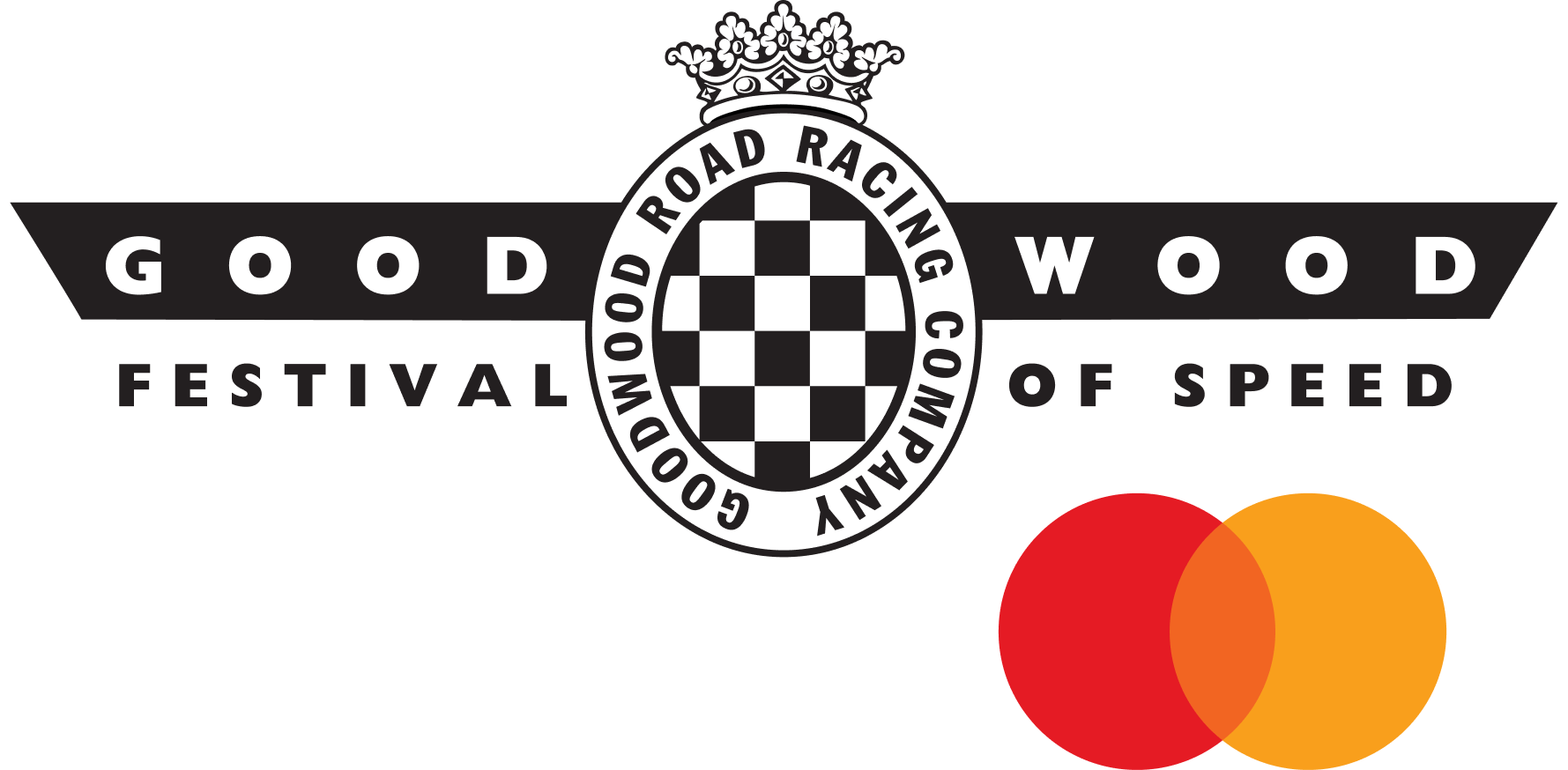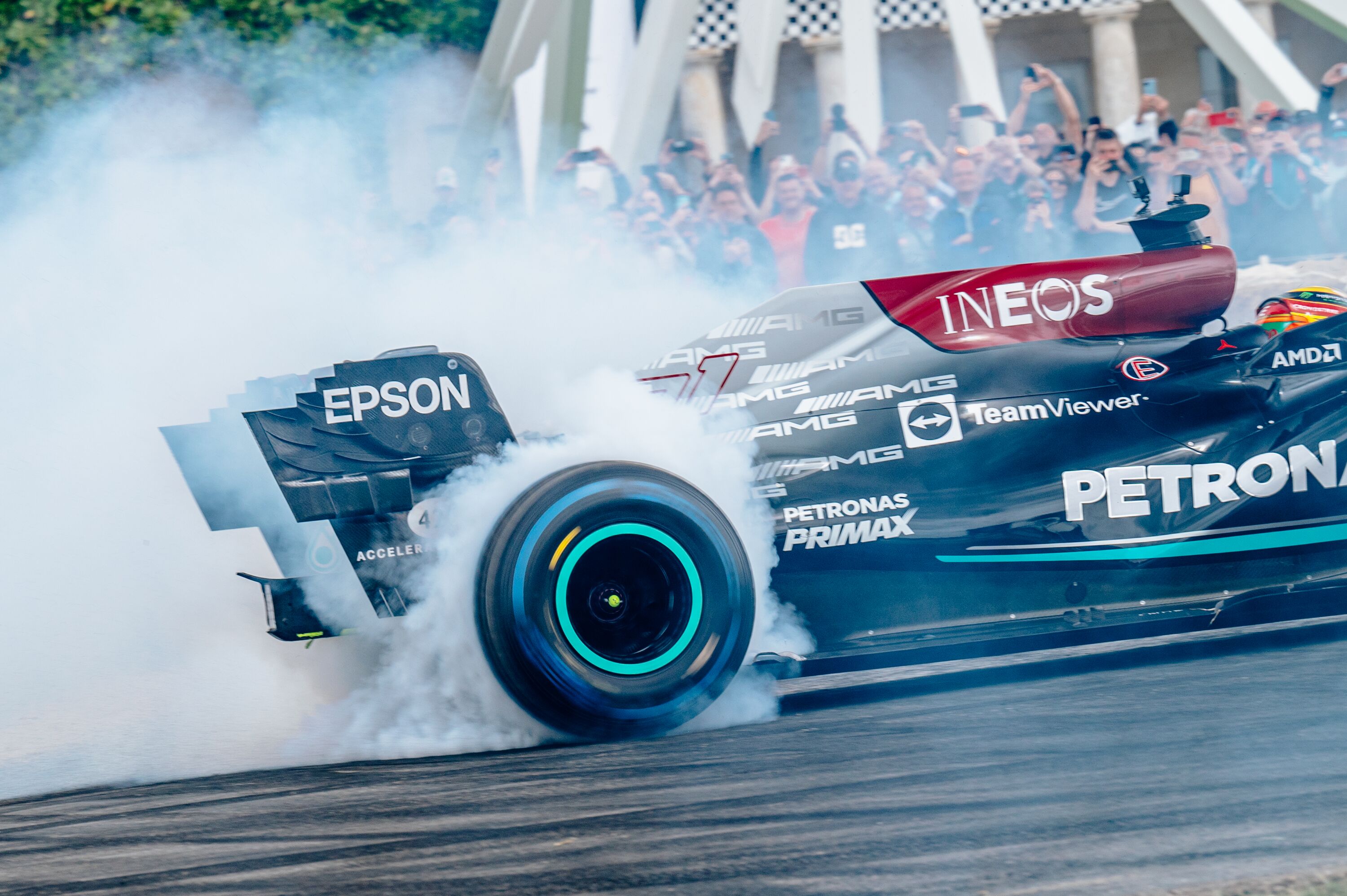Thank Frankel it’s Friday: The 308 GT4 is the Ferrari Roma’s true ancestor
 Andrew Frankel
Andrew Frankel
Even before almost anyone’s seen it in the flesh, the new Ferrari Roma appears to have acquired something of an identity crisis. Some have referred to it as a Portofino coupé – and with good reason because it shares so much of the structure and drivetrain of Ferrari’s entry level convertible, while on this site I see it being likened to a modern 365GTC/4, still far and away my favourite Ferrari with more than two seats. I, on the other hand, see its compact dimensions and positioning not as a supercar or GT, but sporting daily driver, and think of it as the new Dino Ferrari has been threatening to make for so long.

But does any of this really matter, and are we all far too hung up on trying to pigeonhole every new car – and Ferraris especially – when what we should just be doing is, instead of saying it’s the spiritual successor to this or the twin brother of that, simply judging on its own terms.
And the truth is – if I may briefly be allowed to mix my metaphors – there is no convenient peg in the Maranello dressing room on which to hang the Roma. Ferrari has never made a front engine V8 2+2 coupe before, so it appears to be a genuinely new patch of turf for the marque.
Or is it? Despite all my efforts to the contrary when it comes to Ferraris, I can’t help rifling through the memory files to find the one whose spirit it most closely evokes. And I think I’ve found it and it is a Dino after all, just not the one either you, or initially I, was thinking of. For surely this car’s true ancestor is the 308GT4, a car that when production started in 1974 was indeed (albeit briefly) badged as a Dino.
It may have placed its engine behind rather than in front of the driver, but the compact dimensions, the very occasional rear seats and the positioning as an everyday fun Ferrari is surely exactly the same blueprint used for the Roma.

Like so many other 2+2 Ferraris – none more so than the aforementioned 365GTC/4 – the first 308 has spent most of its life as a sorely underrated machine. It suffered from the double whammy of not only having twice as many seats as the purists like, but also for the first time in over 20 years, bodywork styled by someone other than Pininfarina. That someone was Bertone (or Bert One as the great Australian motoring journalist Mel Nichols would call it) and I think it did a staggeringly good job at packaging four seats and a 3.0-litre V8 engine all within the wheelbase. Indeed it made Pininfarina’s Mondial replacement look positively cack-handed by comparison.

The car was a revolution for Ferrari, not least because it was Ferrari’s first V8 of any kind – and, yes, I exclude the V8 used by Ferrari in F1 in the 1950s because it was designed by and for Lancia. But coming after the gorgeous Dino 246GT and before the no less beautiful Pininfarina 308GTB, it was doomed to be a second string Ferrari from the outset, however unfair that is.
True, it’s not an easy car to love at first, even if like me you really like the looks. The driving position is very Italianate and not very comfortable, and the ergonomics quite mad. But the rear seats are not entirely useless, and I speak with some experience having inhabited them as a schoolboy for some reasonably long journeys.
And to drive, a decent GT4 is a very fine thing indeed. The engine is superb, revving to 7,700rpm in an era when most even quite sporting motors went pop not much beyond 6,000rpm, and staying so smooth it’s still yelling for more as the redline approaches. The gearbox is typical seventies Ferrari – quite heavy, but with a lovely mechanical action – and its overall performance surprisingly strong. Yes, it is taller, wider, longer and heavier than a 308GTB, but not by much in any regard.
And in one respect the need for larger dimensions actually made it handle better than a GTB. F40 aside, no mid-engined Ferrari built between the death of the 246GT and the birth of the F355 20 years later is in any way easy to drive really fast, but the GT4’s necessarily long wheelbase meant that while it could still snap at you, it would rarely bite. F50 aside, it would be 25 years before Ferrari built a mid-engined car that put more air between its front and rear wheels.

Sadly 308GT4s are not the bargain they once were – I can remember when you could pick up runners for £5,000 – and prices have risen to the point where good cars are being advertised for more than average GTBs. And while that means fewer can afford them, it’s nice to think they are finally getting the recognition they have always deserved.
Images courtesy of R.M. Sotheby’s.
Ferrari
308 GT4
Roma
Thank Frankel it's Friday

































































